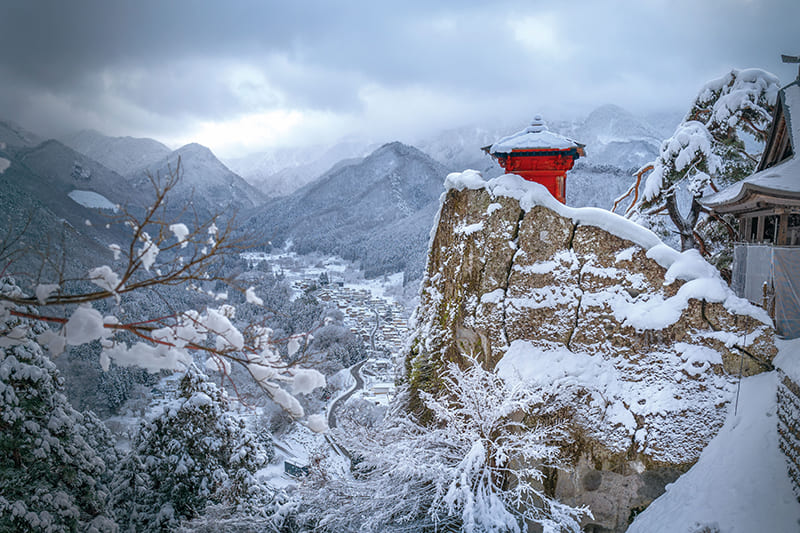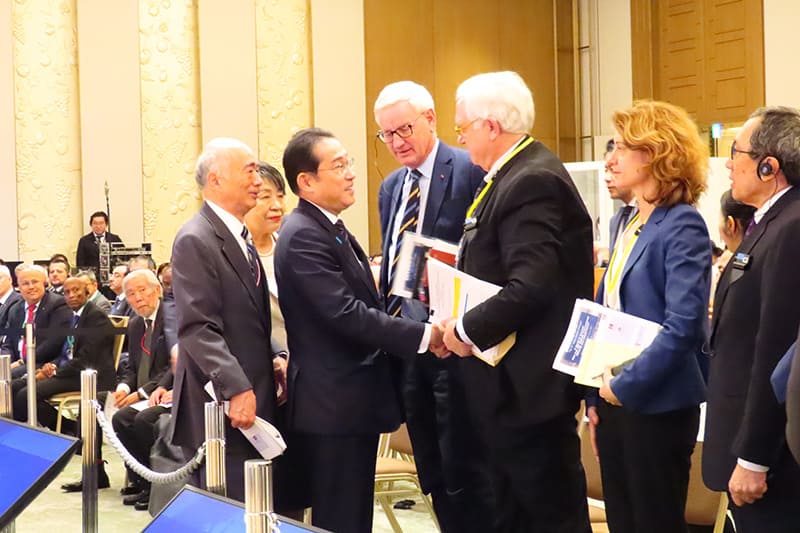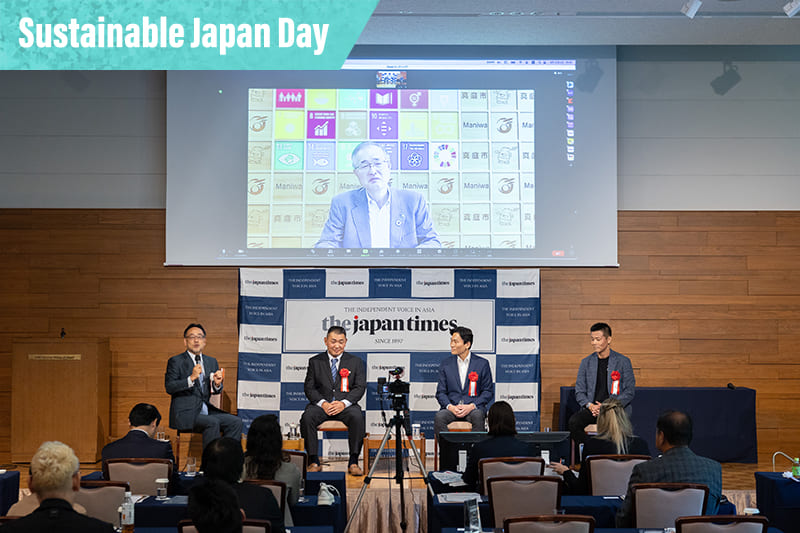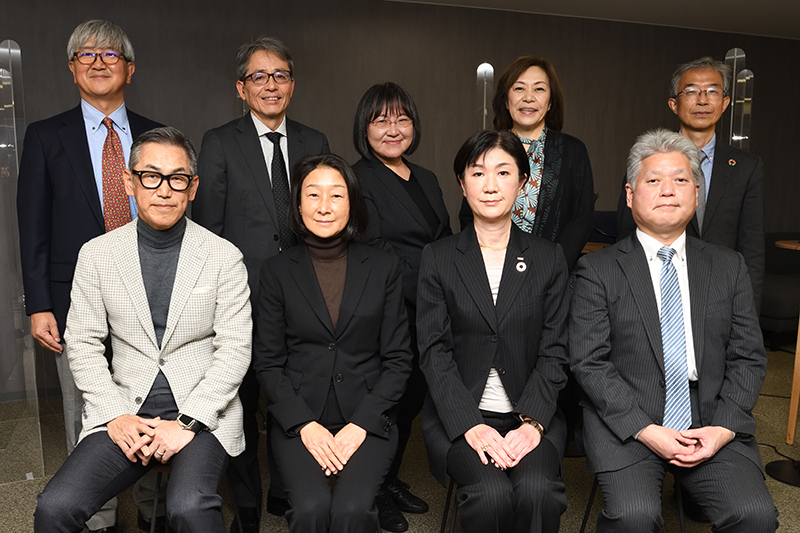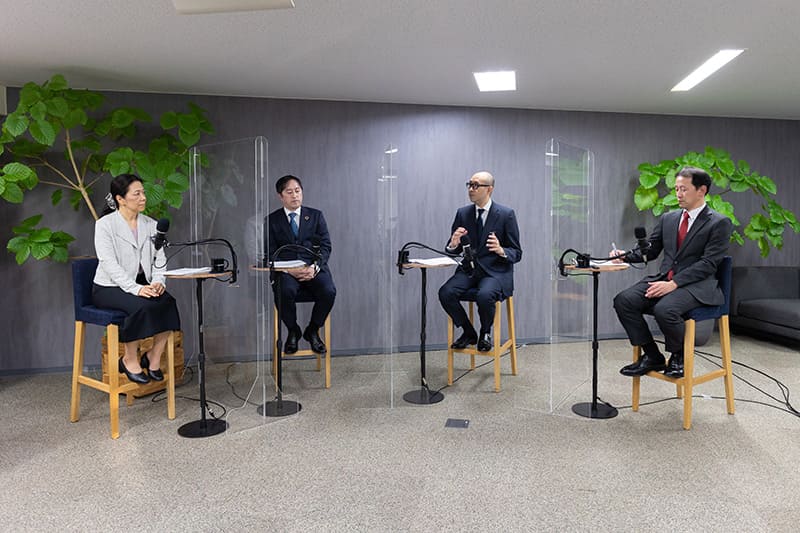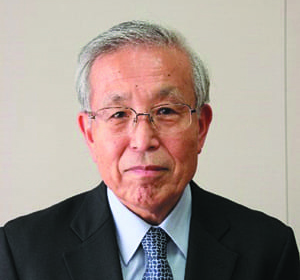August 25, 2025
Yamagata film festival to gather documentaries from around world
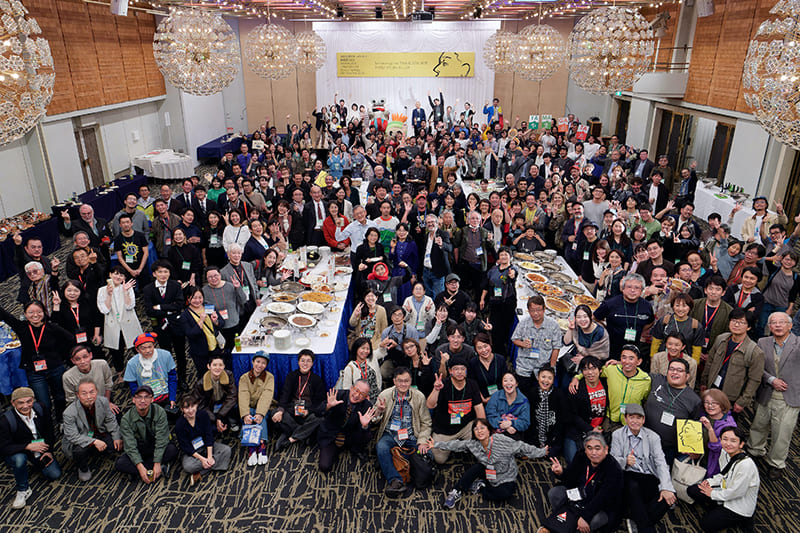
Yamagata Prefecture, lying roughly 300 kilometers north of Tokyo on the Sea of Japan side of the Tohoku region, is blessed with abundant nature in diverse terrain, including mountains, basins, plains and rivers. In addition to its agricultural products such as cherries and edamame and its 225 hot springs and ski resorts, Yamagata is known as a mecca of documentary films.
In the city of Yamagata, the prefectural capital, the Yamagata International Documentary Film Festival (YIDFF) is held every two years, gathering fans from all over the world.
This year, it will be held from Oct. 9 to 16 at various venues throughout the city, including Yamagata Central Public Hall, Yamagata Citizens’ Hall, the Forum Yamagata movie theater and Yamagata Creative City Center Q1. The nonprofit festival’s chairperson, Itaru Kato, and YIDFF Tokyo Office Director Haruka Hama spoke about the appeal of this film festival.
The Yamagata International Documentary Film Festival began in 1989 as part of the 100th anniversary celebrations of the city’s establishment. Unlike most anniversary events, what makes this festival truly remarkable is that it has continued for 36 years, consistently attracting about 22,000 visitors from around the world.
Kato said that even before the film festival began, there was already a vibrant community of people who organized independent screenings. “In urban areas, there are many movie theaters where you can watch the films you like as well as the latest releases, but in rural areas, there were few movie theaters, and it was not possible to see popular films right away,” he said. In response, citizens invested in establishing Forum Yamagata. This initiative has since expanded across the Tohoku region, forming the Forum Cinema Network.
“The city is relatively small, so the entire town is enveloped in the atmosphere of the film festival during the festival week,” Kato said. Foreigners become a common sight around the city, and lively discussions about films among fans and industry professionals can be heard in every shop. “The fact that the townspeople have also come to enjoy this atmosphere is one of the reasons why the film festival has continued for so long,” he said.
One feature of the festival that has become famous is its temporary Komian Club, a social hub that operates in the Japanese-style restaurant Sanjusangendo at the Washington Hotel Yamagata Nanokamachi. The charge is ¥500 ($3.50), which includes one drink and snacks. “Why do people come all the way to Yamagata? It is because they want to enjoy conversations with other visitors after watching movies,” Kato said.
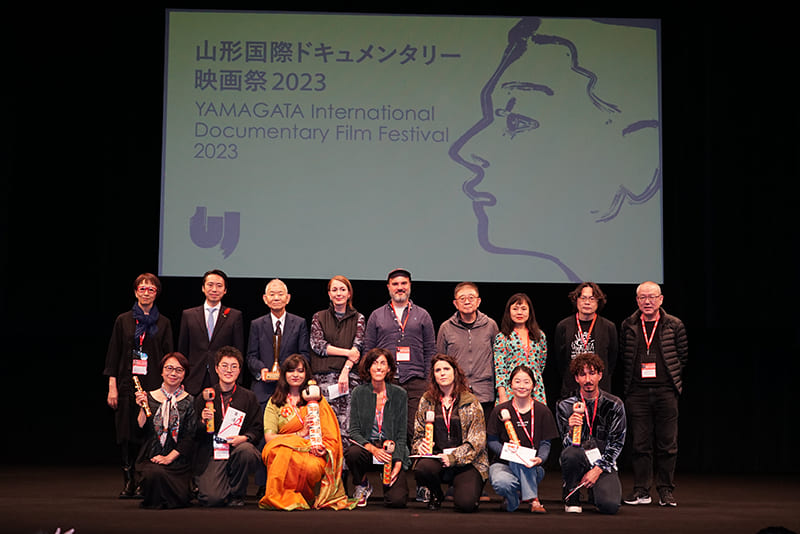
“In addition to the Q&A sessions for directors and the audience at the venues, one of the attractions of this film festival is that there are many opportunities to meet people outside theaters, such as running into a director of a film that left a strong impression on you at the Komian Club or elsewhere in town,” Hama said.
A new civic hall that is scheduled to open in 2029 will also become one of the venues for the festival and a place for people to gather and interact.
Hama said serendipitous encounters with new films are a major joy of the festival, especially in an age when people tend to seek out only the information they want. This year’s YIDFF International Competition received 1,318 entries from 129 countries. Fifteen of them will be screened during the festival, competing for five awards. Hama noted that screenings will also be held in Tokyo the year after the festival, and that many award-winning films from past competitions can be rented.
A program named New Asian Currents will feature about 20 Asian documentaries. This year’s special programs include Unscripted: The Art of Direct Cinema, on experimental documentary methods developed in the U.S. in the 1960s, and Palestine — Memory of the Land, focusing on personal histories relating to the current issues in the region.
The program Yamagata and Film includes records of the first festival. While some of these have been previously released, this new collection also brings together and digitizes parts that have never been made public.
“Amid various circumstances — including some countries being at war or having political situations that make visits impossible — I hope that this film festival will continue to function as a safety net where people from various countries can gather and talk,” said Hama.

